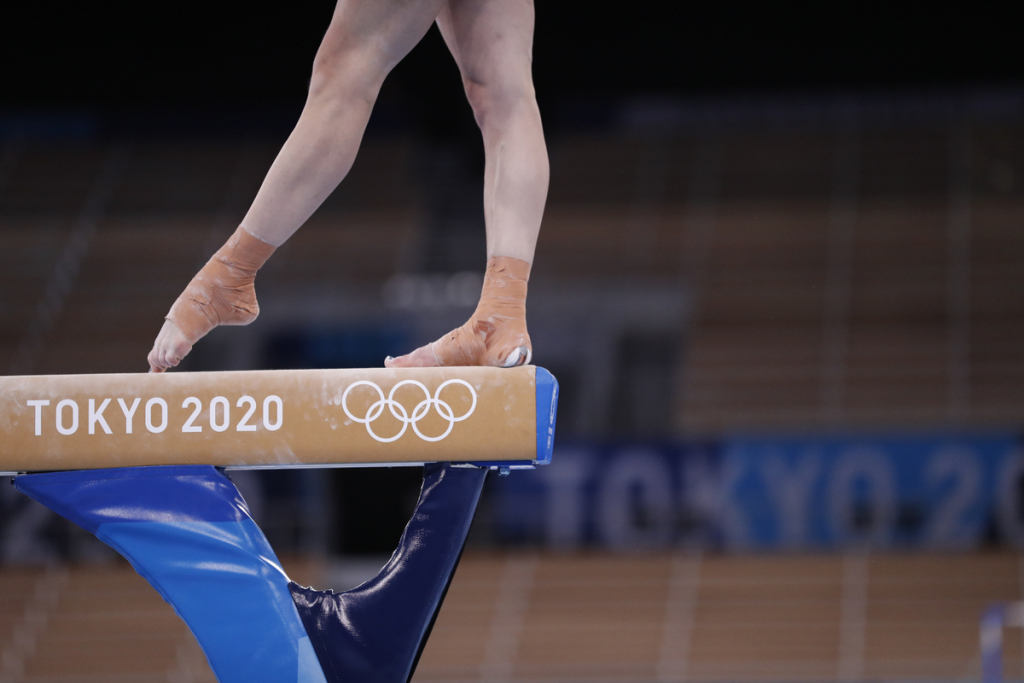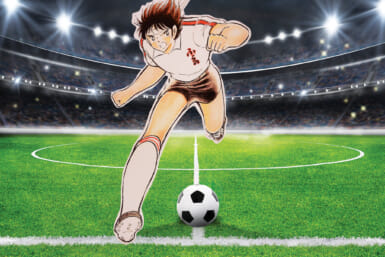Was Tokyo 2020 a success? This is not a rhetorical question; there is no straightforward answer. Much like the debate over whether the Games should have gone ahead, the question of success is a loaded one. Boiling it down to one simple vertical is a fool’s errand. To conduct a more accurate post-mortem, we need to broaden the picture and look at it from several angles.
The Tokyo 2020 Athletes
For the athletes, who were so absent from the headlines in the run-up to the Games, you could certainly make a case for success. Japan won 27 golds, smashing its previous record of 16, nine of which came in judo (another national record). Women claimed 33 of Japan’s 58 overall medals. A strong message to a society where 21st-century gender roles still mirror those of a 1960s Hollywood writer’s room.
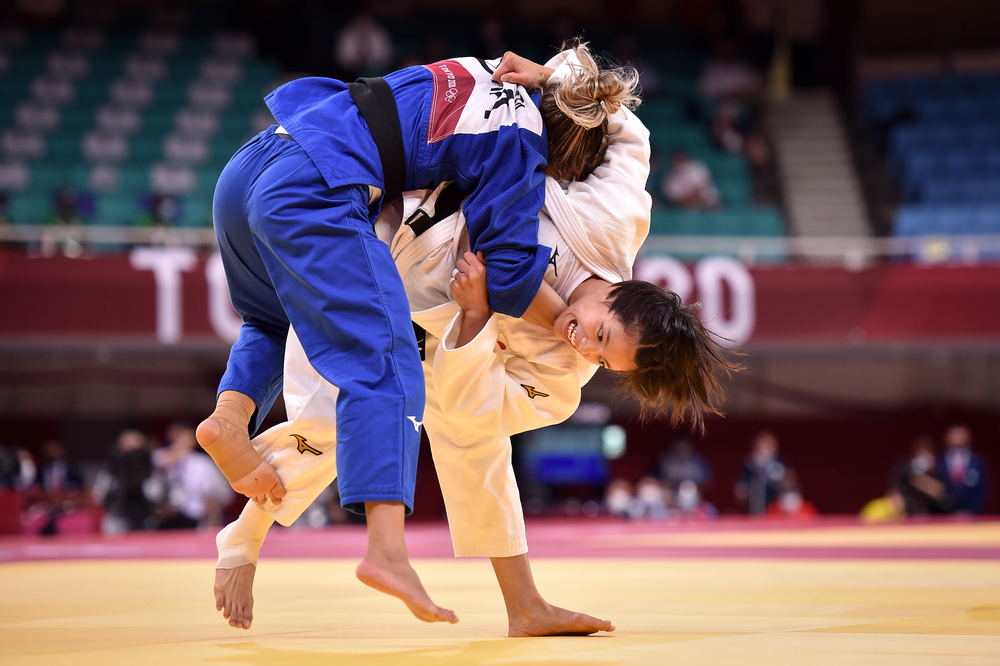
Photo by roibu / Shutterstock.com
Beyond local heroics, athletes from all over the world took solace in merely being able to compete. I lost count of the number of times a microphone was thrust in front of a competitor’s face only for them to respond through blubbering tears, “I have done so much to just get here… five long years.”
This was perhaps Tokyo 2020’s most redeeming feature. Seeing what being an Olympian meant to the athletes helped us forget, for however brief a moment, all the nonsense surrounding this most cursed of events.
The IOC
For the International Olympic Committee (IOC), the NBC TV deal, which runs until 2032 and is worth almost $8 billion, is doubtless a constant reason to crack open the champagne. Even if international viewing figures plunged from 2016 levels.
Throughout the Games, IOC chief Thomas Bach lingered in the stands and on our screens like a bad smell. He was on hand to pontificate at the opening ceremony and was never shy of offering himself and the organizers a congratulatory pat on the back whenever the opportunity presented itself.
VIDEO NEWS RELEASE: As #OlympicGames #Tokyo2020 comes to an end, International Olympic Committee President Thomas Bach hails Games as symbol of world hope and solidarity
📹: https://t.co/tazUs2Fd9q pic.twitter.com/Kxgxpyrpbe
— IOC MEDIA (@iocmedia) August 9, 2021
For a man who became public enemy number one with such startling haste – “a money-grubbing asshole,” as one social media user rather bluntly put it – perhaps avoiding the limelight would have been wiser. But then again, his ever-presence served as a pretty good reminder of who was really pulling the strings at Tokyo 2020. He wrapped up his stay with a stroll around Tokyo, unlike the athletes who were forbidden to do the same. Then he left Japan, saddling Hiroshima City and Hiroshima Prefecture to fight about who foots the bill for his Peace Memorial visit.
The Hiroshima prefectural and city governments will share equally the cost — about ¥3.79 million — for providing security for Thomas Bach’s visit. https://t.co/k6AzBHX5j7
— The Japan Times (@japantimes) August 13, 2021
The Residents of Tokyo
The denizens of Tokyo will be a little less gleeful towards the Olympics, thanks to the number of Covid-19 cases which conspicuously ballooned following the arrival of the five-ringed crusade. Around 4,000 people a day have been snapping up the novel coronavirus across the capital in a spike that started almost the moment the opening ceremony finished.
That said, eyes were certainly on screens. BIC Camera reported a 30 percent increase in OLED TV sales in July compared to the previous year. Meanwhile, broadcast figures suggest as many as 115.8 million (91 percent of Japan’s total population) tuned in at least once over the course of the Olympics, while daily figures also impressed at 76.5 million. Of course, some people may have flicked on NHK by accident or merely turned to the Olympics to lob tomatoes and jeer at the TV, but the viewing numbers hint at a degree of public interest.
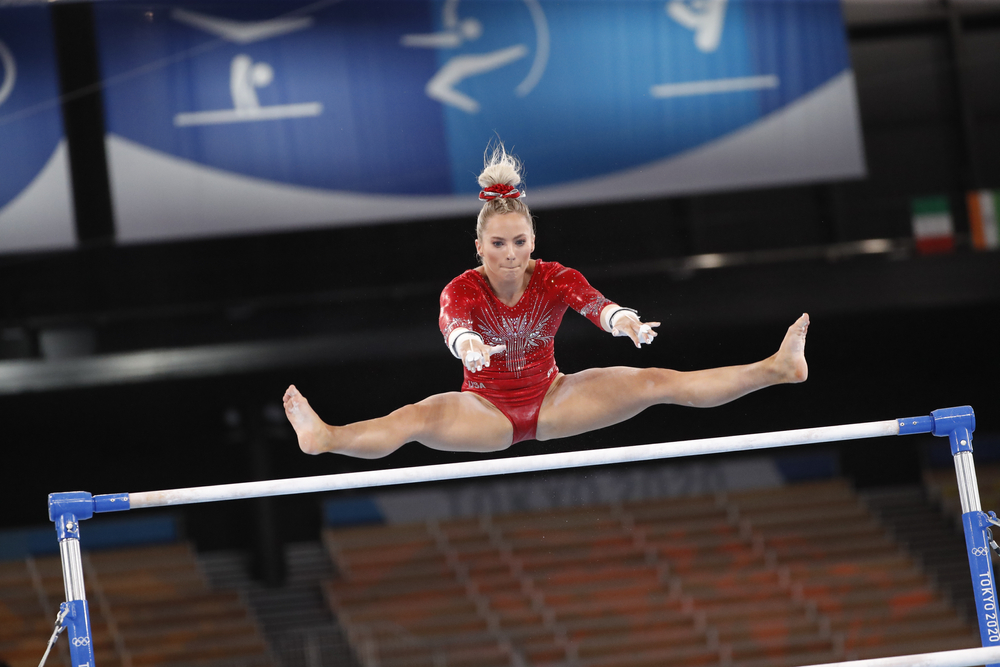
Photo by A.Ricardo / Shutterstock.com
In a rather oblivious maneuver, the government proudly brandished this data as proof people were staying home. They ought to have looked outside their windows. In spite of the blazing summer heat — a fact blasted by many athletes, including Novak Djokovic who called the weather conditions “brutal” — Tokyo and the establishments foolhardy enough to remain open were thriving in tandem with the virus. Case in point: I have struggled to eat at my favorite gyoza chain of late, not because it’s closed, but because I can’t get a seat.
The Businesses
Then there were the business owners who were bending to all manner of obtuse social-distancing and early-closure requests. All while they watched thousands of athletes jumping on top of each other at the Games closing ceremony. How do you think they felt? To say the messaging was mixed is far too charitable an assertion indeed.
Chek out our video for an update in English on the latest #Tokyo #COVID19 information:
◇YouTube
https://t.co/zEirTBcMSI pic.twitter.com/CtoCxPOdB3— 東京都 新型コロナウイルス関連情報 (@tocho_covid19) July 30, 2021
The Japanese Government
And let’s not forget Prime Minister Yoshihide Suga. Reading the premier’s face is much like reading Hemmingway: he doesn’t give you much. But with the cabinet’s public approval ratings plummeting to a record low in the wake of the Games – and disapproval rates jumping to a record high – Suga’s mood is probably somewhere between concern and resignation.
The looming October election was touted as one of the major political motivators for Suga to push through with Tokyo 2020. The hope – or perhaps the gamble – was that a strong, relatively virus-free staging of the Olympics would place Suga in poll position as he entered the first general election of his year-old tenure. The data augurs otherwise. And simply put, he might not get another roll of the dice.
The Prime Minister spoke to the press regarding the handling of the priority measures to prevent the spread of disease and other matters.https://t.co/CLZHlfkmdq#PMinAction (August 4) pic.twitter.com/XEjovYKZEp
— PM’s Office of Japan (@JPN_PMO) August 6, 2021
The Games Live to Fight Another Day
Another conversation in the build-up to the Games has now been resumed. Do the Olympics add value to a host city?
The official cost of Tokyo 2020 doubled to a whopping $15.4 billion following its postponement, though independent valuations have put the figure much higher again. Under the conditions of the Host City Contract, the IOC has sole discretion over any financial contributions it may make to the City of Tokyo to help foot the bill. Of course, this means it probably pays nothing.
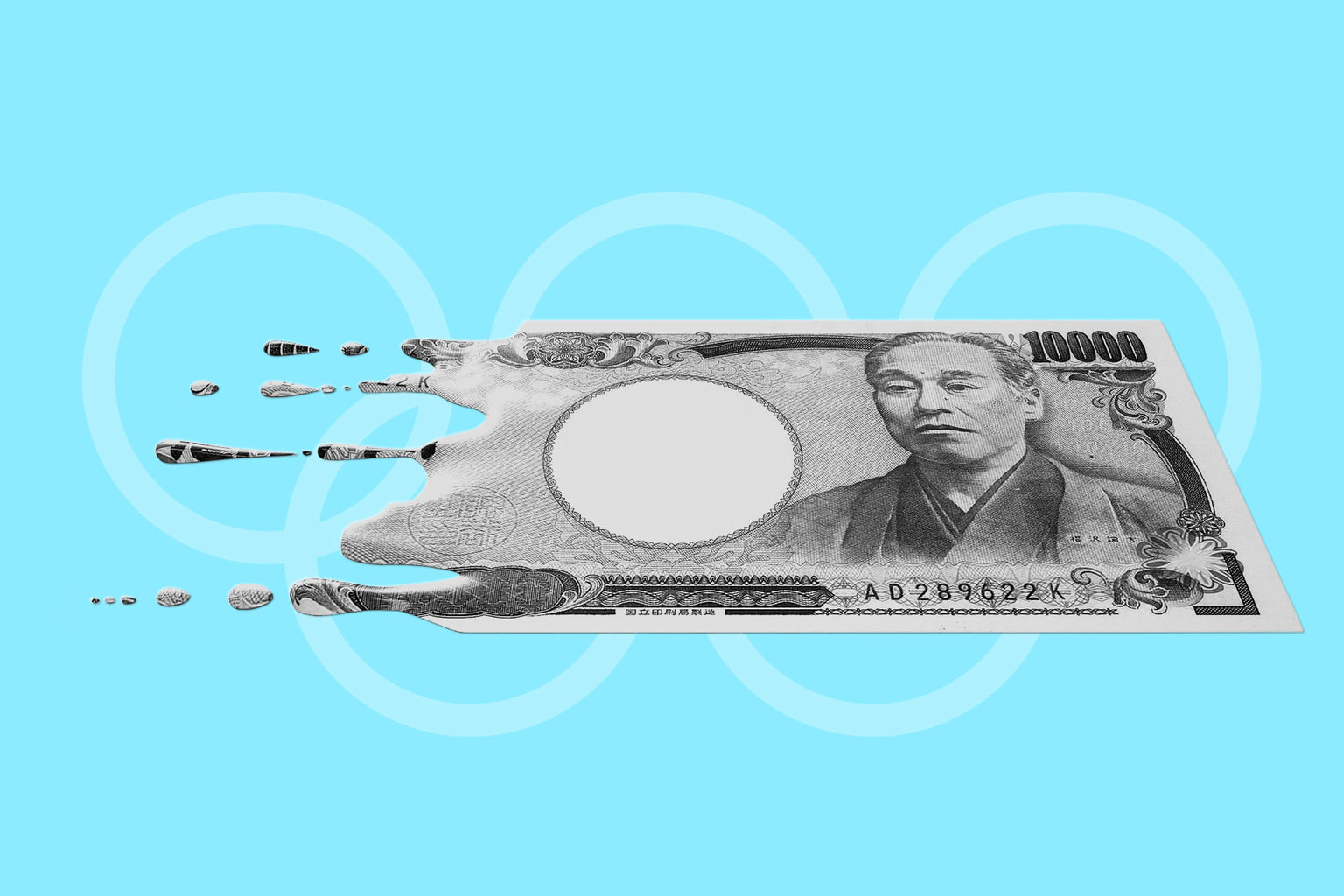
Had Tokyo received the economic benefits of tourism, it still wouldn’t have stood a chance of recouping the mounting costs of the Games anytime soon. Beyond financial woes, the endless circus of controversies and scandals have done more harm than good to Japan’s international image.
Whether the Olympics were a success may depend on which horse you have in the race. But the trouble they leave in their wake is as transparent as ever. And if Tokyo 2020 is anything to go by, few cities will be lining up to host in the future.
Featured image by A.Ricardo from Shutterstock

